I would like to convert the following nltk Tree representation into JSON format:

Desired output:
{
"scores": {
"filler": [
[
"scores"
],
[
"for"
]
],
"extent": [
"highest"
],
"team": [
"India"
]
}
}